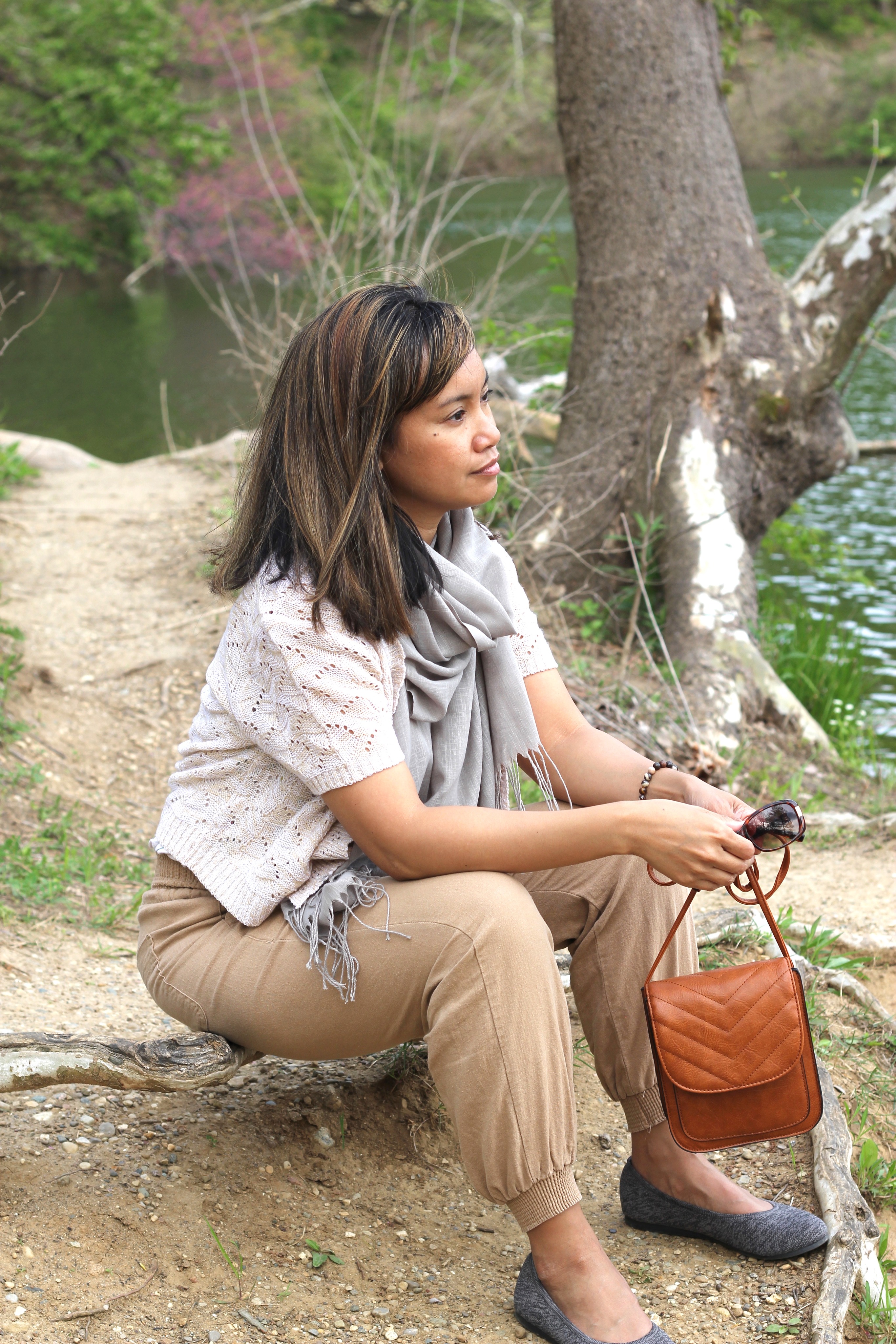[태그:] 기원을 찾아서
-
-
K-Box Adoptee Takeover Night에서 Ebony
Ebony Hickey는 아이티 태생의 호주 국제 입양인으로 K-Box Adoptee Take Over Night에 현대 미술 작품을 포함시켰습니다.
-
포기, 입양 및 슬픔
Bina shares about the loss that goes unrecognised in adoption during November Adoption Awareness Month and highlights the necessity of support for grieving.
-
루크 맥퀸의 그리움(Someday)
Luke McQueen shares candidly about himself, his journey as an adoptee and musician, and his song Longing (Someday) – a piece included in ICAVs video resource.
-
원초적 상처에 대한 형벌 리뷰
Lynelle provides thoughts after watching Rebecca’s Sansom’s documentary Reckoning with the Primal Wound, an adoptee led film on the impacts of our separation.
-
난 헤드라이트에 갇힌 사슴 같아
by Krem0076, an Korean intercountry adoptee raised in the USA. I am an adoptee from a closed international adoption. I have paperwork but for many of us, our paperwork is often fraught with mistakes, lies and discrepancies. That is a challenge – is my information accurate? My birth name? My birthdate? My origin story if…
-
그리스 집시 암시장 입양을 통해 판매
Roula shares her story of being sold as a baby by a Greek doctor who stole gypsy babies and trafficked them via adoption to foreign countries. The impacts, the ongoing complexities.
-
어머니에 대한 슬픔은 영원하다
by Melanie Kleintz adopted from Peru to Germany. Between 24 December 2020 and 1 January 2021, a total of 6 adoptees from Europe took their own lives, a Black Week in Europe for adoptees. The number of unreported cases is definitely higher. All could not clarify their origins, their pain was too strong, and they…
-
유럽 입양인을 위한 블랙 위크
Soorien & Dong-Mi share the losses of 5 intercountry adoptees in Europe over Xmas/NY period.
